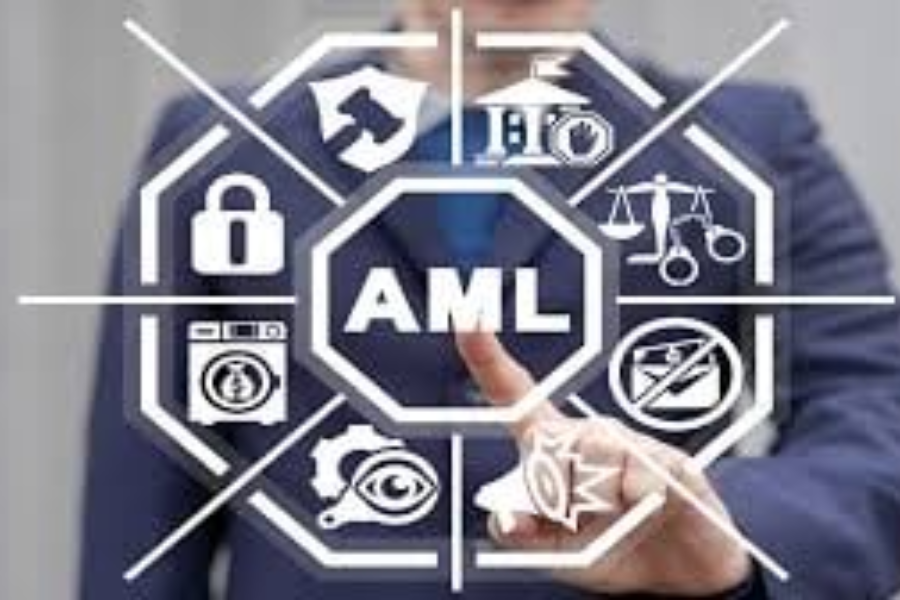The Kingpin Law is one of the most important legislative frameworks that financial institutions and enterprises need to comprehend in the context of Anti-Money Laundering (AML) compliance as it helps in targeting organized criminal syndicates and drug trafficking specifically. These laws, particularly the Foreign Narcotics Kingpin Designation Act (Kingpin Designation Act) aids law enforcement authorities to punish people and groups who are engaged in the crime of drug trafficking.
What is the Kingpin Law?
Kingpin law is mostly included in the Foreign Narcotics Kingpin Designation Act which is also referred to as the Kingpin Designation Act. The Kingpin law was particularly enacted to give U.S. authorities the tools to fight drug kingpins and their networks. Moreover, individuals or organizations found to be involved in substantial drug trafficking are referred to as “kingpins” under this law. These people or organizations are subject to severe kingpin sanctions which specifically include travel bans, asset freezes, and bans on conducting business with U.S. individuals or companies with respect to their designation.
Is the Kingpin Designation Act a Cornerstone of AML Regulations?
The Kingpin Designation Act is considered to be one of the essential instruments that was used by U.S. regulators to find and target people and companies which are connected to crime like drug trafficking. The Kingpin List consists of a list of people and organizations who get identified as major participants in the drug trade and then they are compiled and kept up to date by the U.S. Department of the Treasury’s Office of Foreign Assets Control (OFAC). If a name of person or organization is on the kingpin list, it indicates that they are seen as a serious threat to the integrity of the American financial system.
Kingpin compliance is considered to be essential for the companies and financial institutions as it helps in identifying serious consequences which include large fines and harm to one’s reputation etc. The Kingpin Designation Act is a vital component which plays a role in preserving anti money laundering compliance that gives a leverage in global reach of financial institutions and make sure that transactions do not involve individuals on the kingpin list.
What is the Role of AML Compliance in Kingpin Law?
If we list the main goals of AML compliance with respect to Kingpin law, they are supposed to detect, track, and stop illegal financial activity, such as money laundering that frequently result from illegal operations like drug trafficking.
The Kingpin Law assists in targeting people who have been identified as high risk participants in drug kingpin activities, and is essential to this endeavor. A settling component of anti money laundering compliance for financial institutions is adhering to the Kingpin Designation Act and making sure they are not doing business with people on the Kingpin List respectively.
When such a situation occurs, the job of the anti money laundering compliance office is to make sure that the financial institution has the tools it needs in order to identify, stop, and report any transactions involving certain people or organizations. This further helps in investigating possible customers, keeping an eye on transactions for unusual conduct, and making sure that any applicable consequences are followed as well.
How Has the Kingpin Law Impacted Real-World Cases?
There was a person named Dámaso López Núñez who had been a senior member of Mexico’s Sinaloa drug cartel in 2018. He was put up in the list of drug kingpins in 2018 as one of the most well known instances of the Kingpin Designation Act in effect. He had the U.S.-based assets that got frozen by the U.S. authorities, and U.S. companies were forbidden from doing business with them as well.
This designation served as a warning to the financial sector about how impactful it is to follow kingpin sanctions in addition to interfering with his criminal network’s operations at the same time. Moreover, the significance of kingpin compliance is highlighted by the possibility of heavy fines for financial institutions that neglected to identify and disclose transactions involving people like Núñez in violation of U.S. sanctions regulations.
How Are Kingpin Sanctions Evolving?
The Kingpin Designation Act and kingpin sanctions are continuously being updated to address new threats as the worldwide war on drug trafficking continues. The kingpin list is updated on a regular basis by the U.S. officials, who add new names and remove those whose connections to illegal activity have been broken. Companies must update their screening processes frequently in order to stay compliant with the most recent rules due to its dynamic nature.







